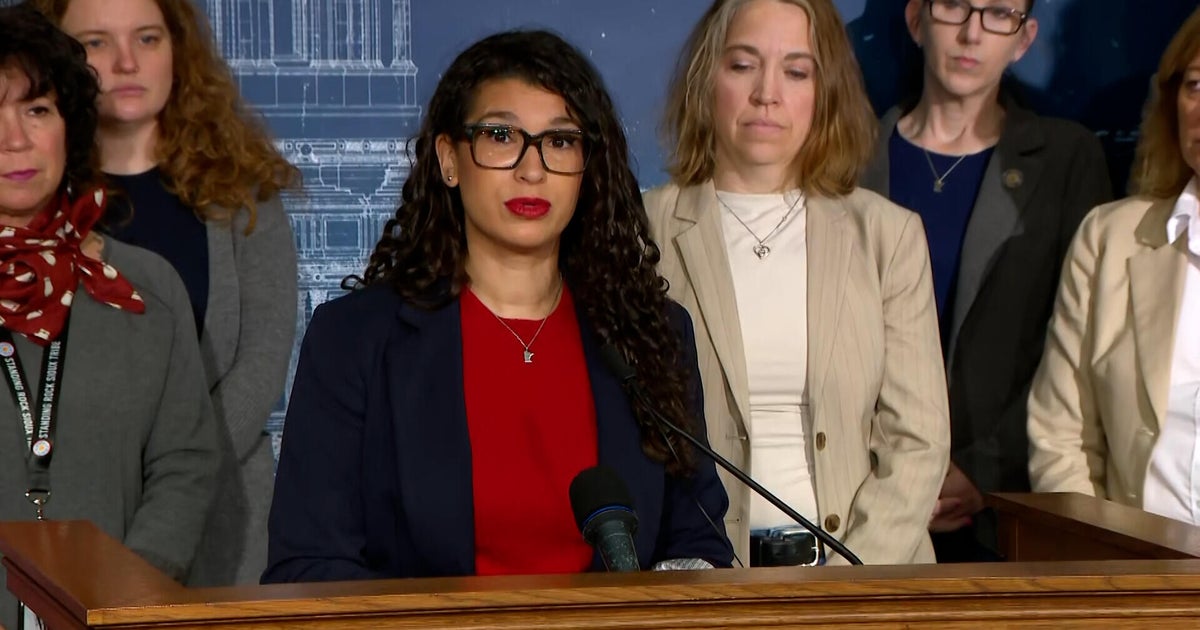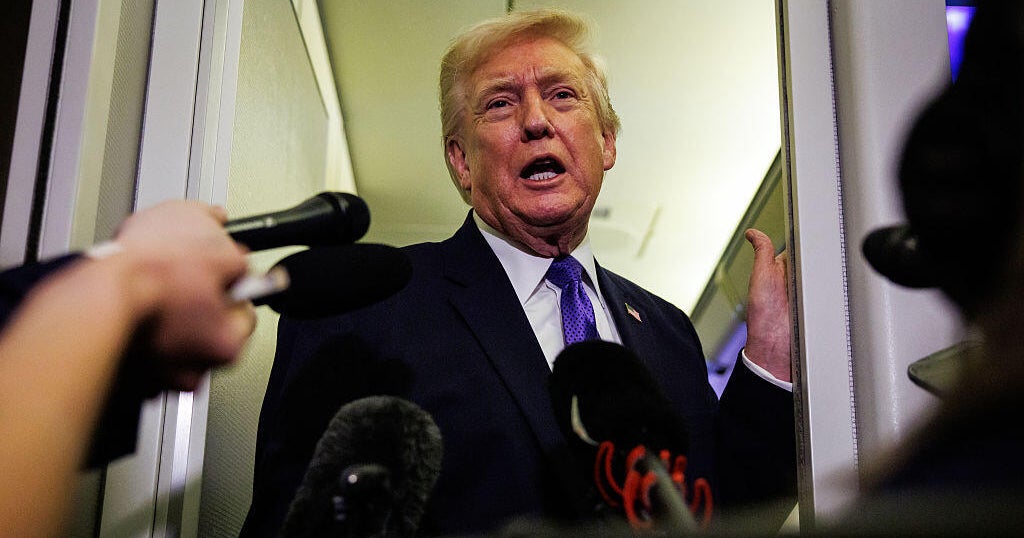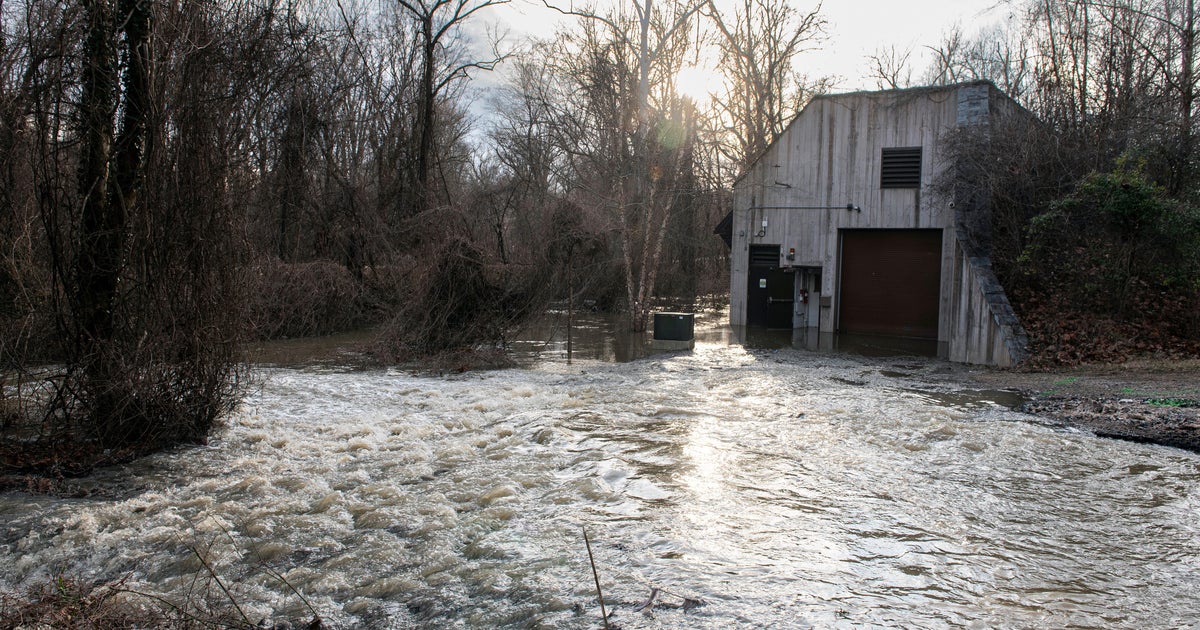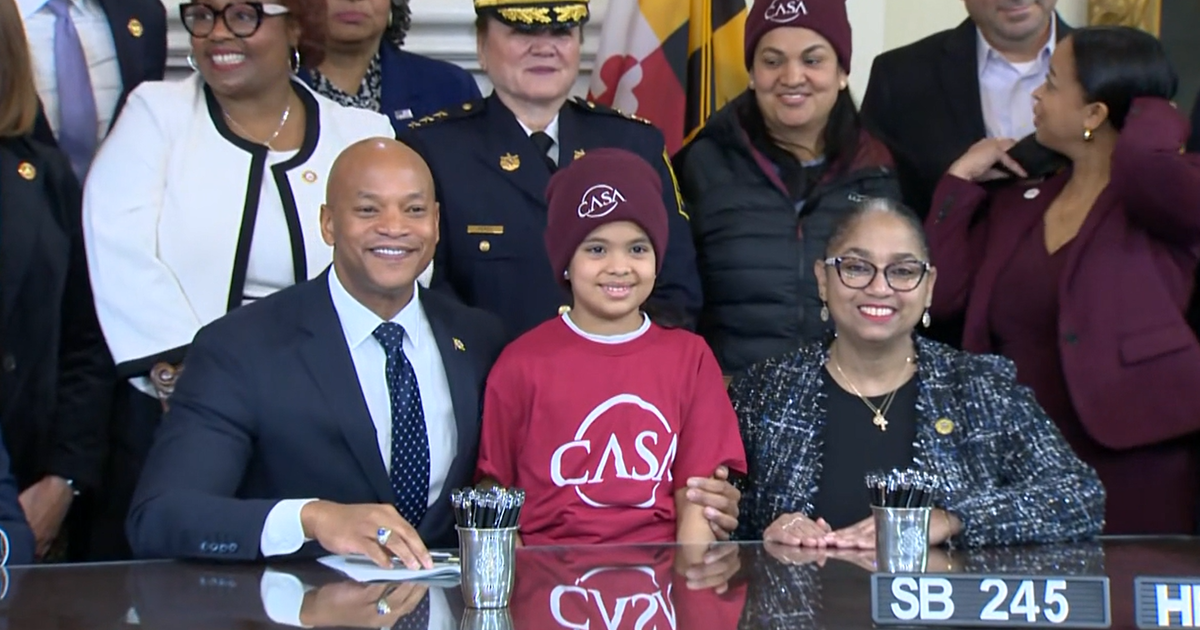Far Fewer Refugees Finding Safe Haven In U.S. Under Trump Administration
SAN FRANCISCO (CBS SF) -- As the number of displaced people around the world grows, fewer and fewer of them are being allowed to resettle in the United States as refugees.
This year, refugee resettlement in the U.S. was cut by more than 40 percent compared to the previous fiscal year.
In January, one of Donald Trump's first actions as President was to freeze all Syrian refugee resettlement in the U.S. and to cut the overall U.S. refugee resettlement for the rest of the year.
With more Syrians fleeing war, the Obama administration had set a goal of resettling 110,000 refugees for 2017.
Trump slashed that refugee resettlement goal in half.
The number of refugees worldwide has risen to the highest number seen since the United Nations High Commissioner for Refugees was founded in the aftermath of the Second World War.
The global number of refugees has reached 22.5 million people, which includes 5.1 million Palestinian refugees, according to the UNHCR. In all, 65.6 million people had been forcibly displaced by the end of 2016.
In the 2017 fiscal year, the U.S. resettled 53,716 refugees, down from 84,994 the previous fiscal year.
The number of refugees to be resettled in the U.S. next year is likely to be even lower, as Trump pushes to cap the number of refugees admitted at 45,000 for fiscal year 2018 -- a 19 percent decrease from fiscal year 2017.
The International Rescue Committee, a non-profit humanitarian aid organization, has rebuked Trump's 45,000 cap.
IRC president and CEO David Miliband states, "For the lifeline of U.S. refugee resettlement to be cut at a time of record refugee numbers is a betrayal of America's history, and of its identity. Further, when America cuts its numbers the danger is that it sets the stage for other nations to follow suit; A tragic and contagious example of moral failure."
Read Also: California Leads The Nation In Resettlement Of Syrian Refugees
Late last month, U.S. Senator Dianne Feinstein (D-California) criticized the cap saying, "California accepts more refugees than any other state -- 9 percent of the U.S. total -- and I've never been told about a problem. Simply put, our country is not doing its part to respond to this global crisis and there's no good reason for that to be the case. We're better than this."
Between 2002-2017, California resettled more refugees than any other state, with 105,000 refugees resettled, according to a new report released by Pew Research Center.
In California, the refugee resettlement numbers have dropped sharply over the last fiscal year due to Trump's refugee restrictions.
In the last 12 months, California resettled roughly 35 percent fewer refugees than the preceding 12 months.
According to U.S. State Department figures, most refugees who were resettled this year in California were from Iran, at 1,341, Iraq at 1,025, Ukraine at 846, and Syria at 641.
Read Also: California Leads The Nation In Resettlement Of Syrian Refugees
U.S. House Judiciary Committee Chairman Bob Goodlatte (R-Virginia) and Immigration and Border Security Subcommittee Chairman Raúl Labrador (R-Idaho) both publicly approve of the 45,000 cap.
Labrador and Goodlatte are also pushing for legislation that would give state and local governments the power to decide if they want refugees to be resettled in their communities, would give Congress, instead of the President, the authority to set the overall refugee ceiling for each year and would require immigration officials to review the publicly available Internet interactions and social media postings of refugee applicants.
Goodlatte states, "The Trump Administration's refugee ceiling for the coming year maintains our nation's generosity toward those in need, and importantly, ensures limited resources are used wisely and our citizens are protected in light of ongoing terrorist threats."
IRC President and CEO David Miliband maintains that Trump's cap is a blow not only to refugees, but to the reputation of the U.S.
"This administration's decision to halve the number of refugees admitted to America is a double-blow: to victims of war ready to start a new life, and to America's reputation as a beacon of hope in the world," Miliband said.
By Hannah Albarazi - Follow her on Twitter: @hannahalbarazi.







